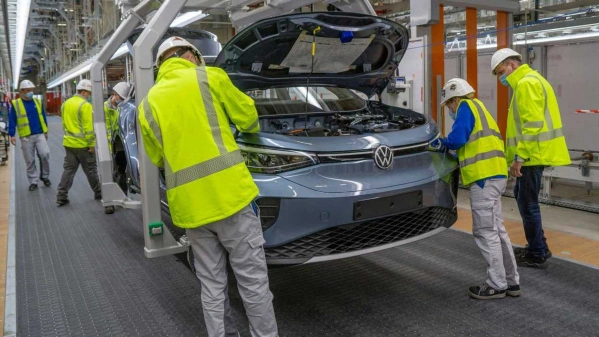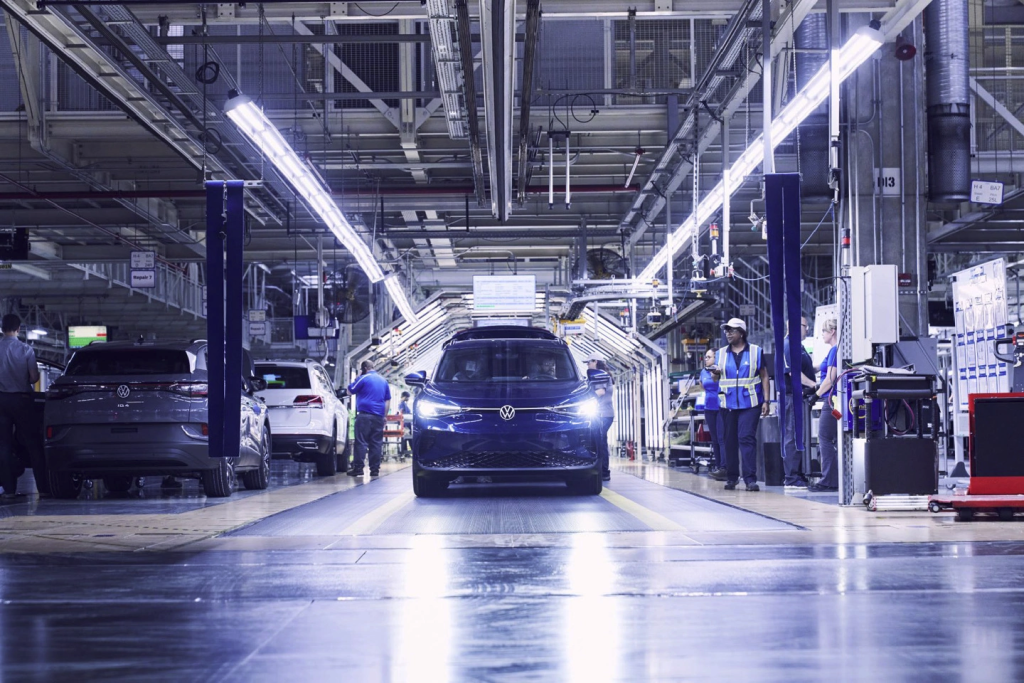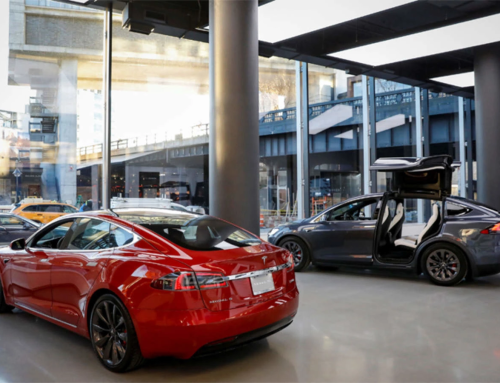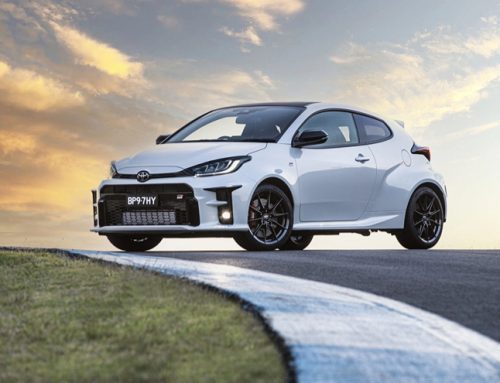In 2023, VW cuts production at Emden plant as EV demand falls short of forecast

Volkswagen
Demand for electric vehicles is lower than expected, and VW’s Emden plant is cutting production and laying off workers.
Volkswagen is cutting production of electric vehicles at its plant in Emden in northwestern Germany, according to news on July 4.
The veteran carmaker said the adjustment was partly due to “consumer backlash against electric vehicles”.
Leading to lower than expected sales of electric vehicles.
Demand for electric vehicles is currently around 30 percent lower than Volkswagen’s forecast.
Manfred Wullf, head of the Emden plant, commented, “We have encountered a strong consumer resistance in the field of electric vehicles.”
Therefore, production was originally scheduled for July 2023.
ID.7 has been delayed until later this year.
Lower Saxony’s Economic Affairs Minister Olaf Lies said in an interview that Volkswagen’s decision in Emden was “understandable”.
To counter the sales slump, he called on the government to reduce VAT and provide additional incentives for electric vehicles.

Electric vehicle markets
According to German newspaper Nordwest-Zeitung, the works council at Volkswagen’s Emden plant said the company would cut production of its electric cars — and more specifically.
The ID. 4 and the production of the new ID.7 sedan.
The head of the works council told German media that demand for electric cars produced at the Emden plant was almost 30 percent lower than VW’s initial production expectations.
The automaker said reductions or cessation of subsidies in EU countries such as Germany, Sweden and France were among the reasons for poor overseas demand.
According to data previously released by the Volkswagen Group, in the first quarter of 2023.
Its sales in Europe will increase by 68% year-on-year, while sales in the United States will increase significantly by 98%.
However, VW’s sales in China fell by 25%, which is very worrying because China is the largest market for VW Group and the largest market for electric vehicles in the world.
Currently, Volkswagen has electric vehicle factories in several locations around the world, four of which are located in Germany: Emden, Hannover, Dresden and Zwickau.
Its overseas EV factories, which mainly produce the popular ID.4, are located in Anting and Foshan in Shanghai, China, and Chattanooga, Tennessee, USA.
VW blamed part of the decline in consumer interest on a reduction in subsidies for buyers of electric vehicles across Europe and the impact of rising inflation, which has affected the company’s overall EV business.
In addition to reducing production at the Emden plant, Volkswagen will also lay off 300 of the 1,500 employees at the plant involved in the production of electric vehicles.
Despite the surge in EV adoption in recent years, manufacturers are reportedly growing concerned that EVs are starting to become less attractive due to their high cost.
After all, battery-powered cars are more expensive than gasoline-powered cars, and the price gap between electricity and fuel has narrowed.
While the Volkswagen Group expects flat, or at best modest, growth in EVs in the EU this year, it remains optimistic that demand will pick up.
Volkswagen UK said, “Like other carmakers, the Volkswagen brand is currently seeing a slowdown in demand for electric vehicles.
The reasons for this include reduced subsidies, rising inflation and recent delivery due to parts shortages.
Delivery times have been extended.
We believe that over time, the demand for pure electric vehicles will increase again.
With the substantially revised ID.3 and the new ID.7, we will continue to introduce attractive new models.”
Recognizing the need for price competition in the EV space, Volkswagen has shown a prototype ID. 2all priced at under £22,000.
Volkswagen CEO Thomas Schäfer (Thomas Schäfer) also hinted at the launch of a cheaper electric car, the price of which is less than 17,500 pounds (currently about 161,000 RMB).






Leave A Comment